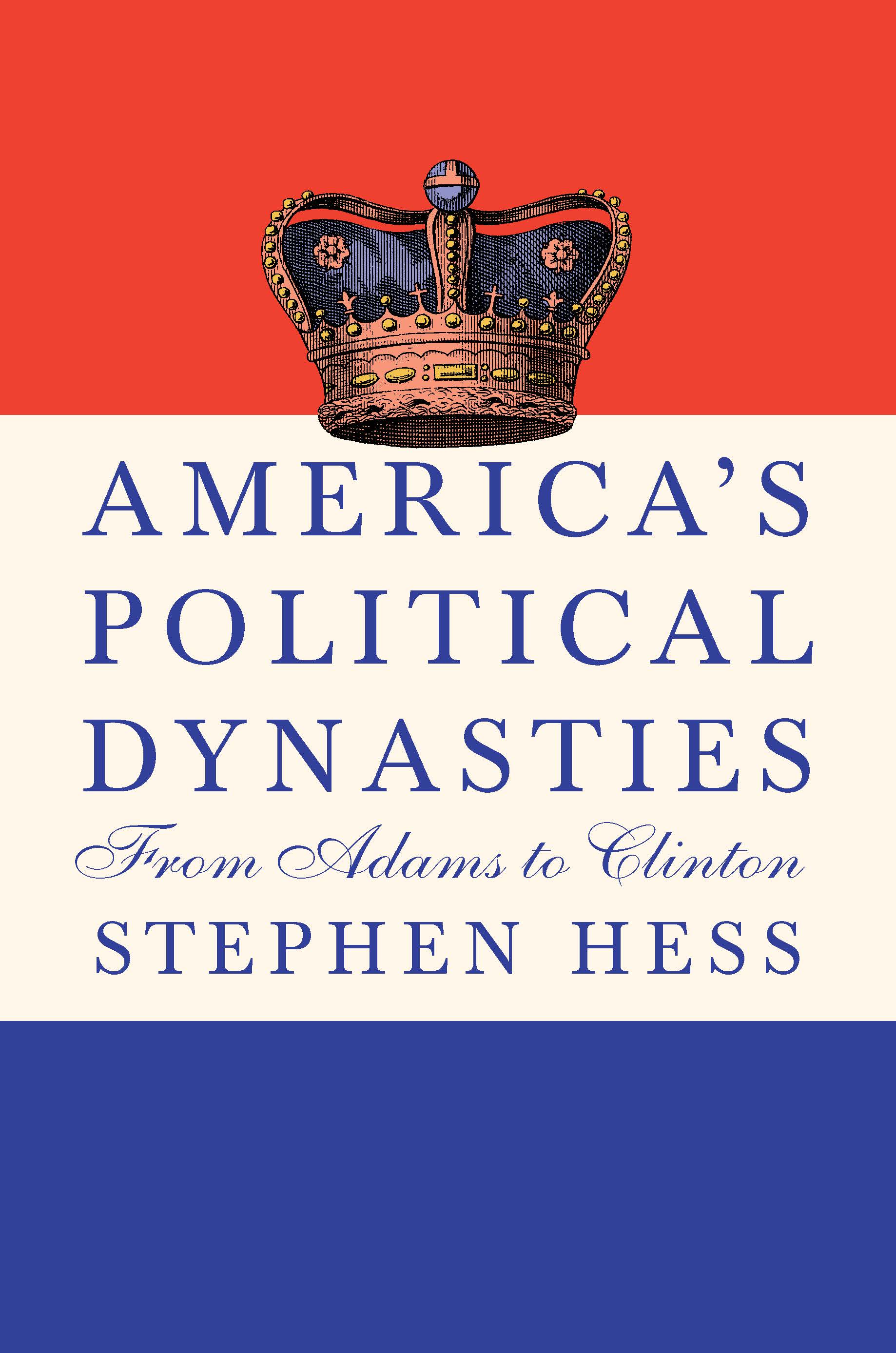From the Adamses to the Roosevelts to the Bushes, no family yet has been able to put three presidents in the White House.
 The U.S. has seen just a handful of two-presidency families: John and John Quincy Adams, father and son; William Henry Harrison and his grandson, Benjamin; Theodore and Franklin Delano Roosevelt, fifth cousins but more closely connected through FDR’s wife, Eleanor, the daughter of TR’s alcoholic brother; and the George Bushes, 41 and 43.
The U.S. has seen just a handful of two-presidency families: John and John Quincy Adams, father and son; William Henry Harrison and his grandson, Benjamin; Theodore and Franklin Delano Roosevelt, fifth cousins but more closely connected through FDR’s wife, Eleanor, the daughter of TR’s alcoholic brother; and the George Bushes, 41 and 43.
With the exception of the Harrisons, all wished to add another president or two to their string. All failed. Jeb Bush, who ended his campaign for the GOP nomination last week, might have heeded this history, or at least have listened to his mother Barbara, who declared three years ago, “We’ve had enough Bushes.”
There are several explanations for the political demise of the Adamses. John Adams perhaps would have seen it as a planned exodus to higher forms of cultural expression. While serving in France during the American Revolution, he wrote to his wife, Abigail, “I must study politics and war that my sons may have liberty to study mathematics and philosophy. My sons ought to study mathematics and philosophy…in order to give their children a right to study painting, poetry, music, architecture.” This theory of transition from politics to poetry in three generations turned out to be a fairly accurate prediction.
But there was a more important reason why Charles Francis Adams, Sr., the son of John Quincy, failed to win the presidential nomination at the 1872 Liberal Republican Convention. Following a family habit, he had become more eccentric, an unappealing choice to put before the electorate. As his son Brooks Adams put it, “It is now full four generations since John Adams wrote the Constitution of Massachusetts. It is time we perished. The world is tired of us.”
Both branches of the Roosevelt family—Oyster Bay for Teddy, Hyde Park for Franklin—thought they had political heirs in place for a third Roosevelt presidency.
Theodore, Jr. would follow in his father’s path. After distinguished service in World War I, he was appointed assistant secretary of the navy and then had hopes of running for governor of New York. But in Washington his name got mixed up in the Teapot Dome scandal, involving the secret leasing of federal oil reserves. Although his own honesty was not in question, he never had a chance to defeat the popular New York governor, Alfred E. Smith, in 1924.
Hyde Park’s candidate for a future presidency was Franklin, Jr. Among FDR’s sons, he had the most striking physical resemblance to his father—the famous toothy smile, with deep clefts in his rounded cheeks, and the blue-gray eyes. He spoke with FDR’s inflection and mannerisms.
Franklin, Jr. was given a safe New York seat in Congress, where in five years he compiled a deplorable absentee record and, according to his congressional colleagues, was slipshod in his homework. He wanted the Democratic nomination for governor of New York in 1954, but the party turned instead to Averell Harriman. Roosevelt ran for state attorney general and lost, thus ending the elective aspirations of the Hyde Park dynasty.
If successful, Jeb Bush would have given America its first three-president family. But unlike previous dynasties, his presidential ancestors were alive and controversial. So he began his campaign promising to be his “own man” and insisting that it wouldn’t “be about my mom and dad, or my brother, who I love.” Still, in South Carolina, which had given his father and his brother crucial victories, Jeb ended up bringing his family out to campaign. It wasn’t enough to overturn Barbara’s earlier wisdom: The country had “had enough Bushes.”
The Constitution states that “no title of nobility shall be granted by the United States,” but the idea of noble clans has always appealed to us. Democracy means that any citizen can try to start his or her own dynasty. And many do. In politics as in business, a brand name can be a valuable asset—until it isn’t any more.
Editor’s Note: This piece was originally published in the Wall Street Journal
The Brookings Institution is committed to quality, independence, and impact.
We are supported by a diverse array of funders. In line with our values and policies, each Brookings publication represents the sole views of its author(s).




Commentary
Jeb Bush and the Curse of Political Dynasties
March 4, 2016